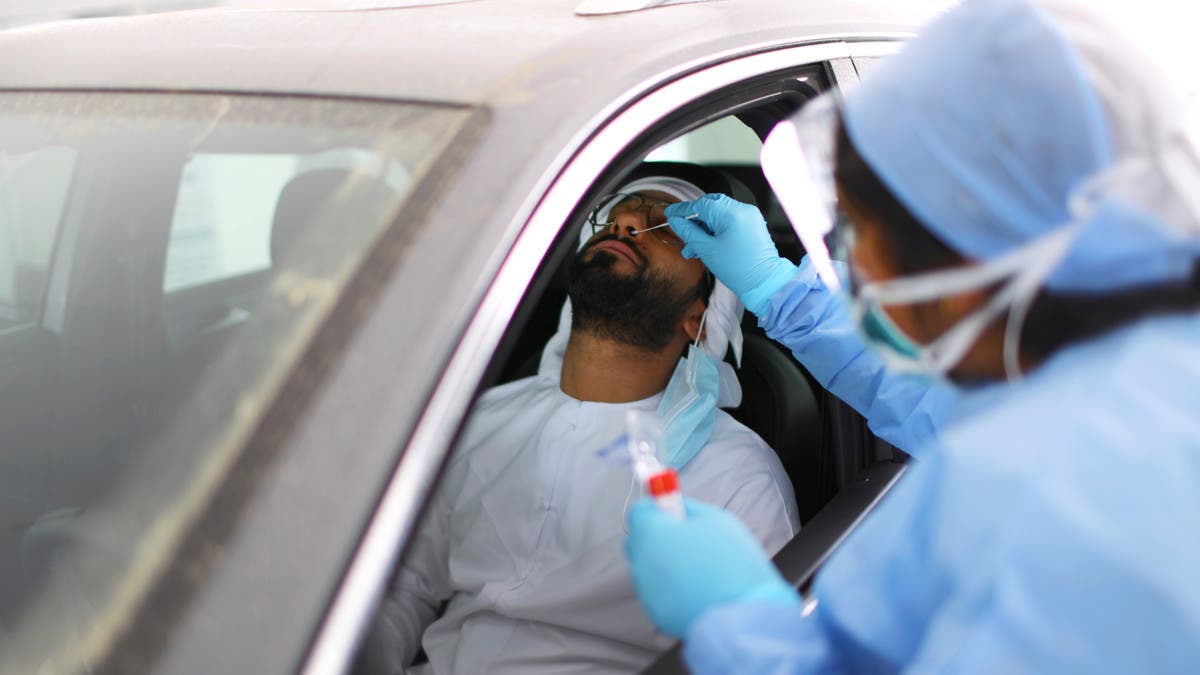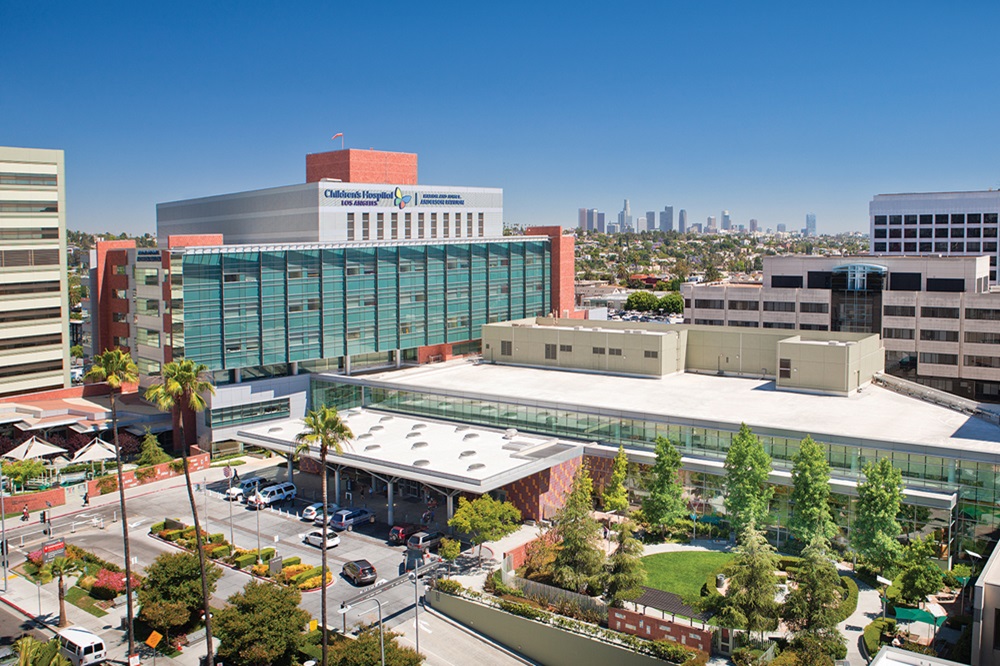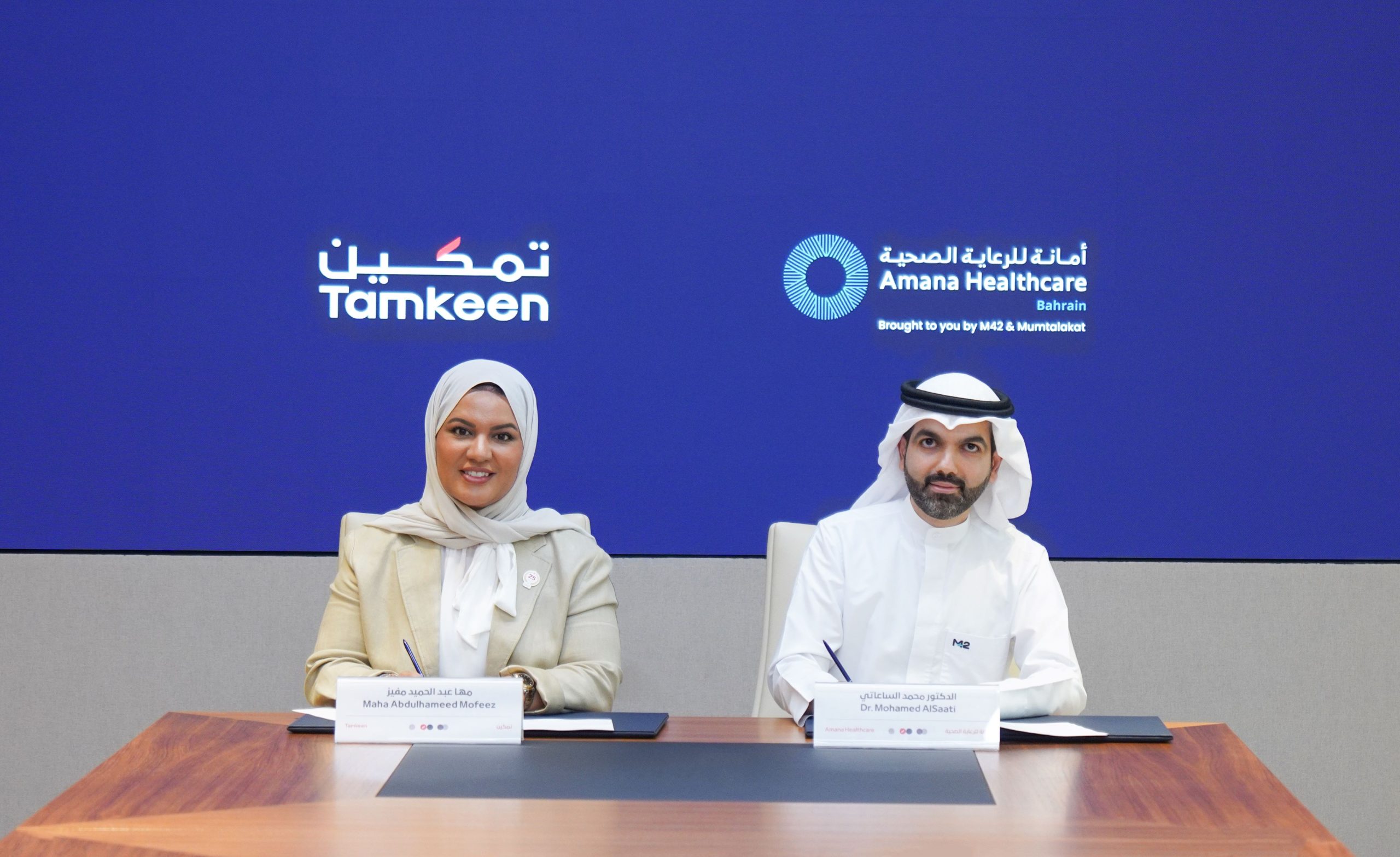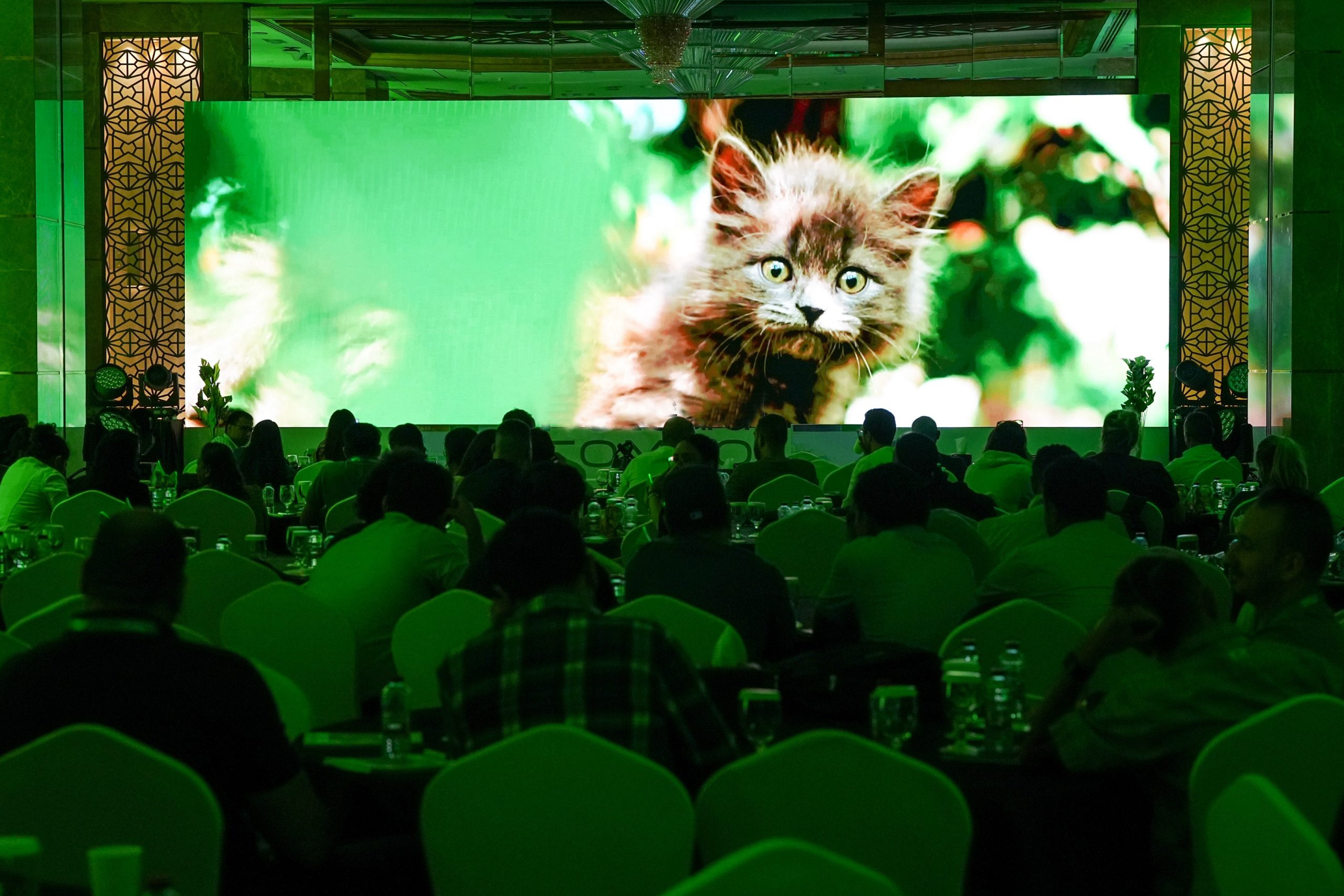The United Arab Emirates must “learn to live with COVID-19” and the pandemic response is no longer a key priority for businesses such as the country’s private healthcare companies, the CEO of one of the largest companies has said.
Read the latest updates in our dedicated coronavirus section.
“We never wanted to become COVID-reliant,” Dr. Shamsheer Vayalil, founder, chairman and managing director of VPS Healthcare Group, said. “We didn’t want to get into the business of quick wins… We went in quick, and we came out quick.”
Vayalil also said while he believes face masks “are here to stay,” other safety protocols to manage the spread of the virus will continue to diminish.
“We won’t see the daily [COVID-19] numbers anymore,” he said. “We need to learn to live with COVID and we have started to. It will become just like the flu.”
“I don’t think getting scared and moving away is going to be an option, especially with the new waves. We have to get back to normality for the sake of the economy… It rather becomes part of us, and we all have to continue to learn to be living with something like that amongst us.”
Worldwide, public health officials and infectious disease experts have said there is a high likelihood that COVID-19 will become an endemic disease and governments are starting to consider an eventual shift to a ‘living-with-the-virus’ approach – despite the World Health Organization (WHO) warning in January that it is too soon for countries to be treating COVID as an endemic illness like flu.
Across the UAE, other media experts echoed the view that the threat of COVID-19 – and its impact on daily lives – will continue to diminish.
Dr. Mohamed Khalafallah, Acting Medical Director and Consultant – Obstetrics and Gynecology at Bareen International Hospital – MBZ City, told Al Arabiya English: “In the UAE, COVID-19-related restrictions are gradually being lifted on activities and events in various economic, tourism, entertainment facilities, shopping centers, and modes of transport.”
“Moving towards easing COVID-19 restrictions can be attributed to a high vaccination rate in the country and a solid commitment by the general public to continue following the basic health and safety measures such as frequent hand washing/sanitizing, wearing face masks, physical distancing, among others,” he continued.
“The COVID-19 situation continues to be monitored with procedures and protocols updated accordingly but as the ease gradually continues, we need to align our efforts as well to address health issues such as obesity, diabetes, cancer and other chronic health conditions.”
At VPS, Vayalil said his company is shifting its focus away from the pandemic.
Initially, responding to COVID-19, became a major part of its operations.
“We went all out,” the billionaire businessman told Al Arabiya English.
To date, across its network of hospitals and clinics, VPS has overseen some 2.1 million PCR tests, with 18,000 tests still being carried out daily.
At the onset of the pandemic, VPS worked with the government to implement heat scanners to screen passengers entering the airport and was also one of the first healthcare groups to transform its flagship hospital – Burjeel Medical City – into a COVID-19 dedicated hospital, with 400 beds ready for infected patients and rolled-out one of the largest vaccination missions, with more than five million vaccines administered to date.
As the pandemic progressed, VPS became “more creative” with its business approach to handling COVID-19, such as winning the contract to manage “bio bubbles” to ensure the safe return of major sporting events such as T20 World Cup in Abu Dhabi.
However, now it believes the time has come to shift the focus away from the pandemic.
At VPS, Burjeel Medical City has shifted its focus back to oncology and no longer accepts COVID-19 patients.
Only one hospital under its operations – Abu Dhabi’s Mafraq Hospital – is dedicated to COVID-19. VPS is reprioritizing its longer-term missions of education, clinical research and specialties, pharmaceutical exports, biopharma and medical tourism.
“We didn’t want to become a one-trick pony… At the time we had a responsibility for the community,” said Vayalil.
“But the pandemic, we always knew, was going to be a one-off. We didn’t want to become too dependent on COVID-19 as a business stream.”
Read more:
China’s daily local symptomatic COVID-19 cases more than triple
China’s COVID-19 lockdowns could threaten half of economy, affect growth prospects
Former US President Obama tests positive for COVID-19, encourages vaccines


 World3 years ago
World3 years ago
 World3 years ago
World3 years ago
 Business1 year ago
Business1 year ago
 Entertainment8 years ago
Entertainment8 years ago
 World8 years ago
World8 years ago
 Entertainment8 years ago
Entertainment8 years ago





